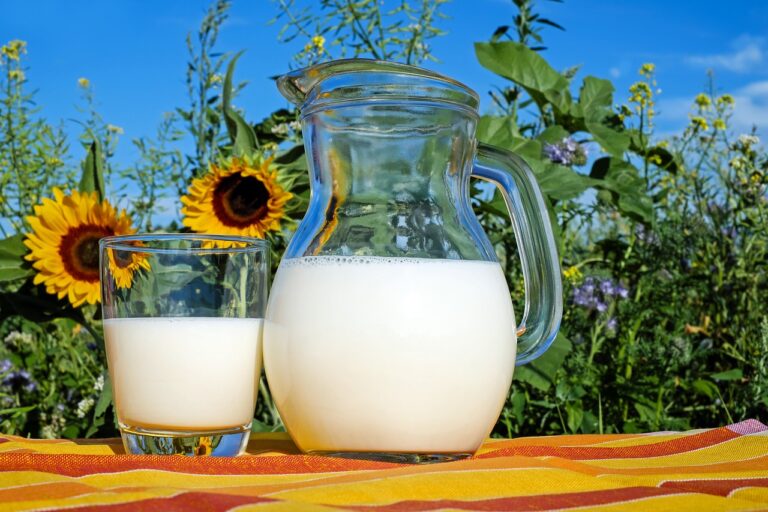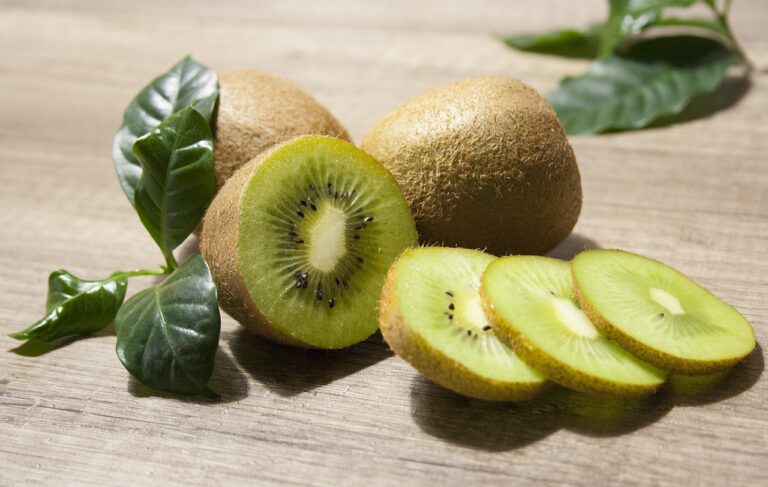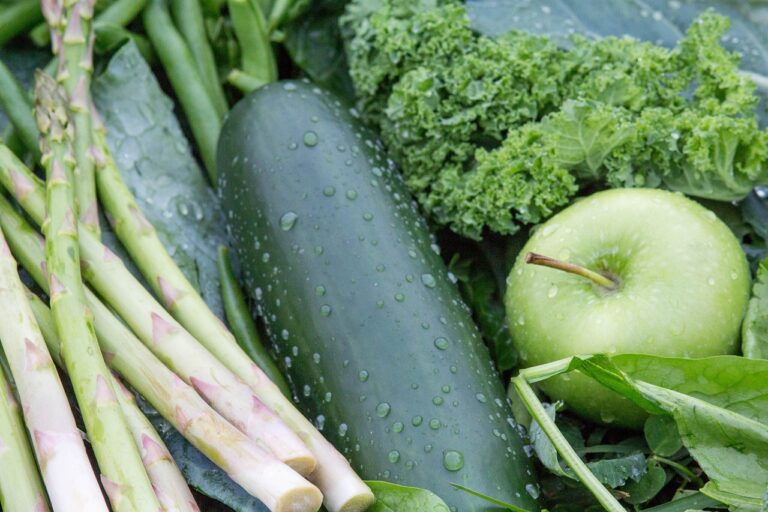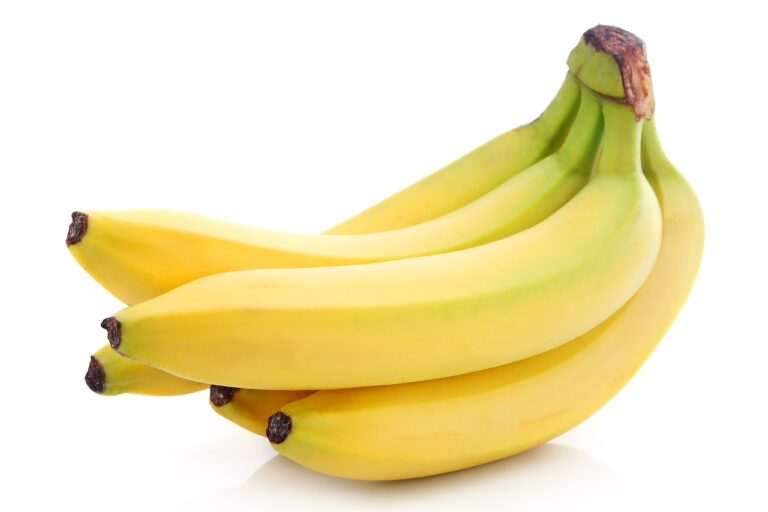The concept of detox diets has gained significant popularity over the past few decades, promising to cleanse the body of toxins, boost energy levels, promote weight loss, and improve overall health. These diets often involve short-term dietary interventions, typically ranging from a few days to a few weeks, that may include fasting, consuming specific foods and drinks, and taking supplements. Despite their popularity, there is considerable debate among health professionals and researchers about the effectiveness and safety of detox diets. In this essay, we will explore the detox diet’s myths and realities, assessing its effectiveness in ten key points, and conclude with evidence-based recommendations.

About detox diets
1. Understanding Detox Diets
Detox diets are based on the idea that the body accumulates harmful toxins from the environment, processed foods, and other sources, which can lead to various health issues. Proponents claim that detox diets help eliminate these toxins, enhancing overall health. Common detox diets include juice cleanses, water fasting, and diets that restrict specific food groups. However, it is crucial to understand that the human body has its own sophisticated detoxification system, primarily involving the liver, kidneys, and digestive tract.
2. The Role of the Liver and Kidneys
The liver and kidneys play a central role in detoxification. The liver metabolizes toxins and converts them into harmless substances, while the kidneys filter waste products from the blood and excrete them in urine. This natural detoxification process is continuous and highly efficient. There is limited scientific evidence to support the claim that detox diets enhance these natural processes. Instead, a balanced diet, adequate hydration, and a healthy lifestyle are more effective in supporting liver and kidney function.
3. Weight Loss Claims
One of the most touted benefits of detox diets is rapid weight loss. While it is true that people often lose weight quickly on detox diets, this is usually due to a severe calorie restriction and loss of water weight rather than fat loss. Such rapid weight loss is typically not sustainable and can lead to muscle loss, nutrient deficiencies, and metabolic slowdown. Sustainable weight loss is best achieved through balanced nutrition and regular physical activity.
4. Nutritional Deficiencies
Detox diets often involve significant dietary restrictions, which can lead to nutritional deficiencies. For example, juice cleanses may lack adequate protein, fat, and essential vitamins and minerals. Prolonged adherence to such diets can result in deficiencies that affect overall health, immune function, and energy levels. A well-rounded diet that includes a variety of nutrient-dense foods is essential for maintaining health and well-being.
5. Impact on Gut Health
The gut microbiota, consisting of trillions of bacteria, plays a crucial role in digestion, immune function, and overall health. Extreme dietary changes, such as those involved in detox diets, can disrupt the balance of gut bacteria, potentially leading to digestive issues and weakened immunity. Consuming a balanced diet rich in fiber, probiotics, and prebiotics supports a healthy gut microbiome and overall health.
6. Psychological Effects
Detox diets can have significant psychological effects. The restrictive nature of these diets can lead to feelings of deprivation, increased cravings, and an unhealthy relationship with food. Furthermore, the yo-yo effect of rapid weight loss followed by weight regain can lead to frustration and decreased motivation to pursue healthier, sustainable lifestyle changes. Emphasizing moderation and balance in dietary choices is more beneficial for long-term mental and physical health.
7. Scientific Evidence and Studies
Scientific evidence supporting the effectiveness of detox diets is limited and often inconclusive. Most claims about detox diets are based on anecdotal evidence rather than rigorous scientific research. Studies that do exist often have methodological flaws, small sample sizes, and short durations. More high-quality research is needed to determine the true effects of detox diets on health and detoxification processes.
8. The Placebo Effect
The placebo effect can play a significant role in the perceived benefits of detox diets. When people believe that a detox diet will make them feel better, they may experience improvements in mood, energy levels, and well-being, even if there is no physiological basis for these changes. This psychological benefit, while real, does not validate the underlying claims of detox diets. It is essential to distinguish between placebo effects and actual physiological benefits.
9. Potential Risks and Side Effects
Detox diets can pose various risks and side effects, especially when followed for extended periods. Potential risks include dehydration, electrolyte imbalances, low blood sugar, dizziness, fatigue, and gastrointestinal distress. In severe cases, prolonged fasting or extreme diets can lead to more serious health issues, such as organ damage or eating disorders. Consulting a healthcare professional before starting any detox diet is crucial to avoid adverse effects.
10. Sustainable Alternatives to Detox Diets
Instead of following detox diets, individuals can adopt sustainable, evidence-based practices to support their body’s natural detoxification processes and overall health. These practices include:
- Eating a balanced diet: Focus on whole, unprocessed foods rich in nutrients, including fruits, vegetables, lean proteins, whole grains, and healthy fats.
- Staying hydrated: Drink plenty of water throughout the day to support kidney function and overall health.
- Regular physical activity: Engage in regular exercise to boost metabolism, support cardiovascular health, and improve mood.
- Adequate sleep: Ensure sufficient sleep to support bodily functions and overall well-being.
- Stress management: Practice stress-reducing techniques such as mindfulness, meditation, and deep breathing exercises.
Conclusion
The popularity of detox diets is largely driven by the appeal of quick fixes and the promise of enhanced health and rapid weight loss. However, scientific evidence supporting the effectiveness of detox diets is limited and often contradictory. The human body has a highly efficient detoxification system that does not require extreme dietary interventions to function optimally. Instead, adopting sustainable, healthy habits such as a balanced diet, regular exercise, proper hydration, and stress management is more effective in supporting overall health and well-being. Before embarking on any detox diet, it is crucial to consult with a healthcare professional to avoid potential risks and ensure that your approach to health and wellness is both safe and evidence-based.






[…] […]
[…] Hydration is fundamental to human health and plays a crucial role in maintaining physical performance. Water is involved in nearly every physiological process in the body, including temperature… Read More […]
[…] Hydration is fundamental to human health and plays a crucial role in maintaining physical performance. Water is involved in nearly every physiological process in the body, including temperature… Read More […]
[…] we will explore the fabulous benefits of chickpeas, delving into how they contribute to a healthy diet, support various bodily functions, and provide a wealth of advantages for overall well-being. […]